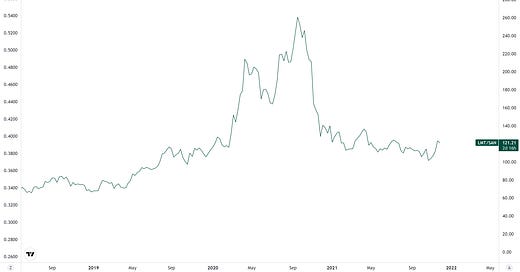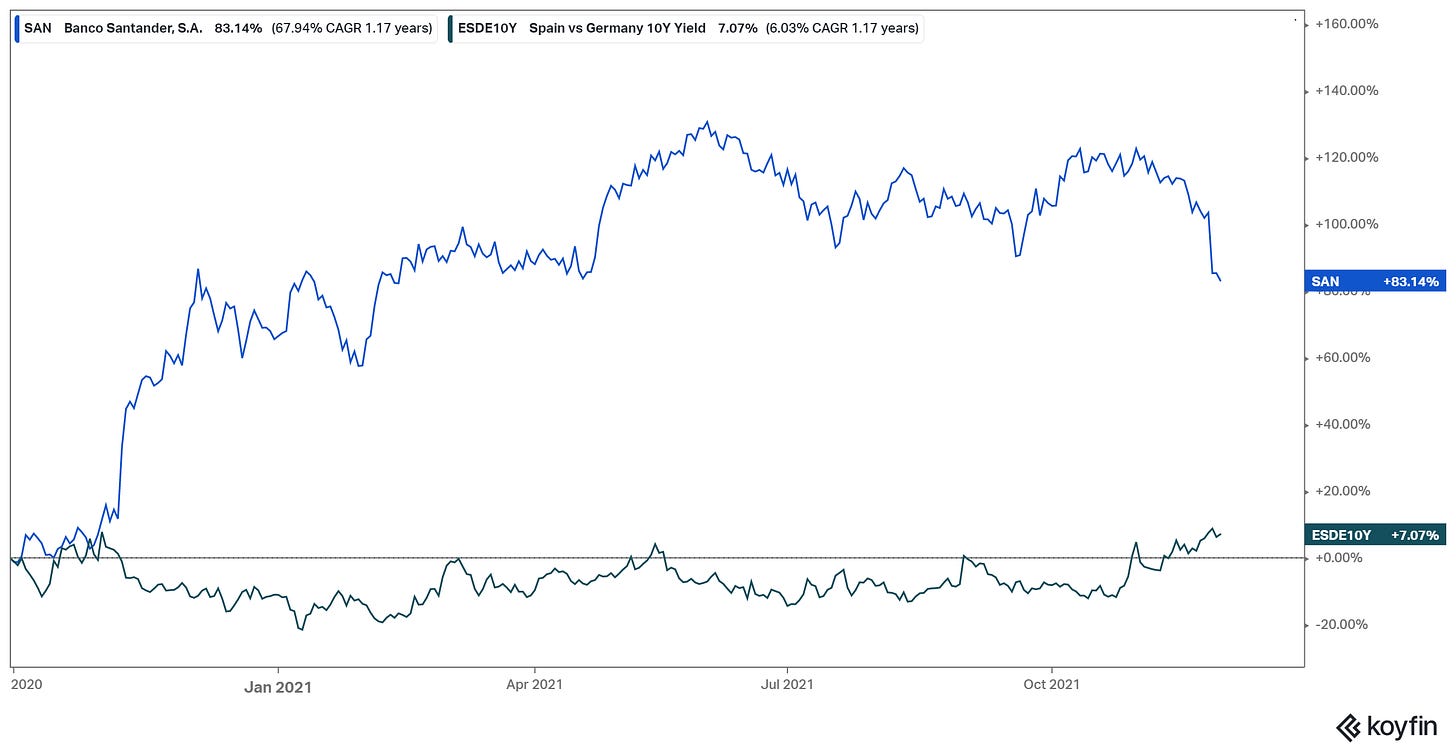I've parsed the words of the Fed Chair, Jay Powell, many times.
Despite the clear evidence of inflation, driven by the 30% growth in money supply since early last year, he (and the Fed) have called the rise in prices transitory (short-lived). This has, for some time, looked like maybe a monumental policy error in the making.
Yesterday, he flipped the script - he telegraphed an "accelerated" taper and warned of persistently higher inflation!
That said, as we've discussed in the past, knowing the history of the Fed, especially the history of the post-financial crisis environment (the past thirteen years), the Fed is well practiced in perception manipulation. Let's take a look at how this (perception manipulation by Powell & the Fed) has evolved, up to its latest iteration.
Throughout the year, he has defended the drumbeat of "transitory”, telling us that the deflationary trend of nearly four decades, just "doesn't change on a dime."
We were told that "short-term" inflation is simply a product of "bottlenecks" and "base effects." Responsibility was deflected onto supply chain induced price pressures, saying the Fed's "tools don't do much for supply constraints."
Then he told us, sure prices have soared, but transitory means they just won't continue soaring at the same rate.
Along the way, over the past eleven months, taking the cover of the "no inflation problem" theme from the Fed, the politicians in power on Capitol Hill passed another $1.9 trillion in spending, and advanced their plans to pour an additional $4.5 trillion (at the time) onto the fire, to fund their agenda - again, pointing to the Fed to refute any concerns about a dangerous inflationary impact. With that, so far, the ticket on another $1.2 trillion has recently been punched and another $2+ trillion is lined up.
With the inflationary fire already burning, finally, earlier this month, the Fed began the end of emergency level policies, but telegraphed a cautious pace.
This all leads up to Powell's re-appointment last week, by the President. As I said in my note here a couple of weeks ago, "it does seem like Powell has made a concerted effort to keep himself in the running for another term, through his maneuvering of the past year. Among those maneuvers, sticking to the 'transitory inflation' talking point far longer than he should have."
As we know, the alternative candidate to Powell, was Lael Brainard, who is among the most dovish on the Fed, and maybe the most political (aligned and committed to the administration's broad agenda).
Did Powell do what he had to do to get the re-appointment? If so, is he now, after successfully winning the re-appointment, prepared to start the inflation fight, far more aggressively than almost anyone thinks?
Or, is he changing the perception on inflation, so that the Senate doesn't have justification to allow the big Biden agenda spending plan to pass, which could be an inflationary bomb, and could do irreversible damage, from a policy standpoint, to Global markets.
Maybe both.
Alpha Idea: Long LMT @ 333.00, Short SAN @ 3.16
Mark: 01 Dec 21: Ratio 121.21, Target 200+
Thesis: Long-vol outperformance of LMT vs SAN during vol expansions/elevated vol regimes/deleveraging cycles. Rising geopol/war risk globally with Europe at its epicenter, China defense stocks up +15% YTD likely to see global defence continue to outperform as defensives. European flattening yield curves to pressure banks, stagflationary risk, credit risk pricing materially rising from floor in Europe.
Jan-Apr 2020 performance LMT vs SAN: +36.81%
Dec 2018 - Feb 2019: +22.80%
Jun 2014 - Feb 2016: +90.46%
Apr 2010 - Apr 2012: +52.43%
Jan 2007 - Jan 2009: +41.40%
NOTE: Santander short broadly outperforming vs German curve which has room to flatten further amidst capital’s search for safe-haven assets. SPGB-Bund spread has floored and is rising, likely to continue to do so as credit deteriorates across corporates (iTraxx Xover widening beta). Can deploy independent short confidently as a standalone trade.





